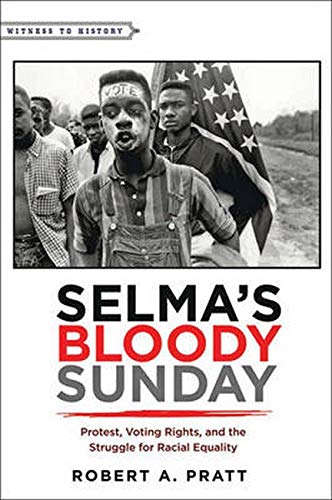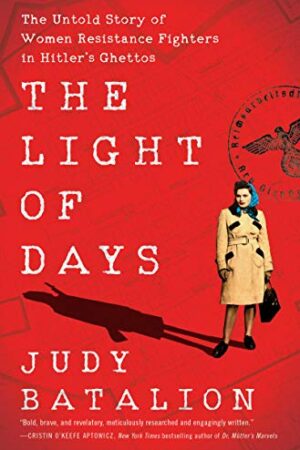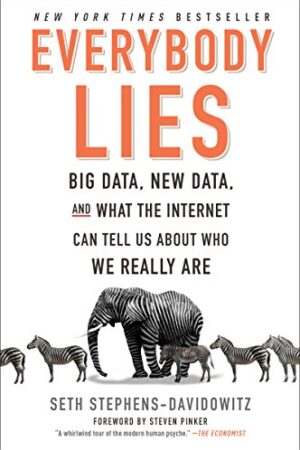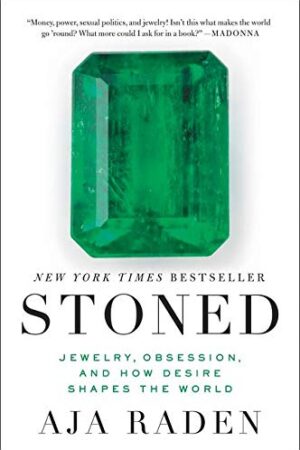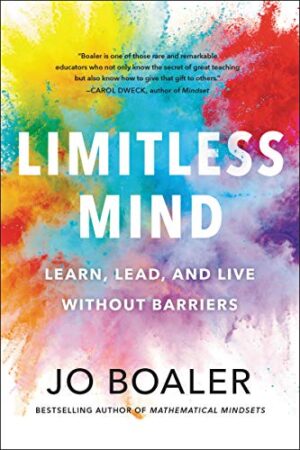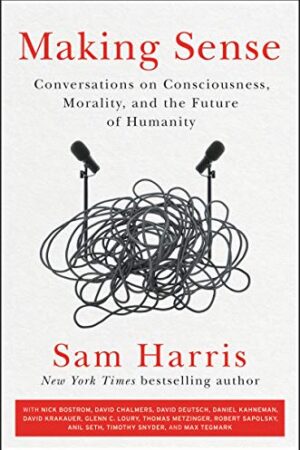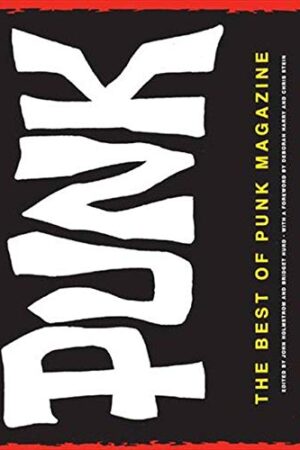Selmas Bloody Sunday: Protest, Voting Rights, and the Struggle for Racial Equality (Witness to History)
$418.95
On Sunday afternoon, March 7, 1965, roughly six hundred peaceful demonstrators set out from Brown Chapel A.M.E. Church in a double-file column to march from Selma, Alabama, to the state capital of Montgomery. Leading the march were Hosea Williams of the Southern Christian Leadership Conference and John Lewis of the Student Nonviolent Coordinating Committee. Upon reaching Broad Street, the marchers turned left to cross the Edmund Pettus Bridge that spanned the Alabama River. When we reached the crest of the bridge, recalls John Lewis, I stopped dead still. So did Hosea. There, facing us at the bottom of the other side, stood a sea of blue-helmeted, blue-uniformed Alabama state troopers, line after line of them, dozens of battle-ready lawmen stretched from one side of U.S. Highway 80 to the other. Behind them were several dozen more armed men-Sheriff Clark’s posse-some on horseback, all wearing khaki clothing, many carrying clubs the size of baseball bats. The violence and horror that was about to unfold at the foot of the bridge would forever mark the day as Bloody Sunday, one of the pivotal moments of the civil rights movement. Alabama state troopers fell on the unarmed protestors as they crossed the bridge, beating and tear gassing them. In Selma’s Bloody Sunday, Robert A. Pratt offers a vivid account of that infamous day and the indelible triumph of black and white protest over white resistance. He explores how the march itself-and the 1965 Voting Rights Act that followed-represented a reaffirmation of the nation’s centuries-old declaration of universal equality and the fulfillment of the Fifteenth Amendment to the Constitution. Selma’s Bloody Sunday offers a fresh interpretation of the ongoing struggle by African Americans to participate freely in America’s electoral democracy. Jumping forward to the present day, Pratt uses the march as a lens through which to examine disturbing recent debates concerning who should, and who should not, be allowed to vote. Drawing on archival materials, secondary sources, and eyewitness accounts of the brave men and women who marched, this gripping account offers a brief and nuanced narrative of this critical phase of the black freedom struggle.
| Peso | 8.01 kg |
|---|---|
| ISBN | |
| ISBN13 | |
| Author | |
| Publisher | |
| Binding | |
| Lenguage | |
| Publish Year | |
| Edition | |
| Pages |
Productos relacionados
-
The Light of Days: The Untold Story of Women Resistance Fighters in Hitler’s Ghettos
$608.79 Añadir al carritoValorado con 0 de 5 -
Everybody Lies: Big Data, New Data, and What the Internet Can Tell Us About Who We Really Are
$356.79 Añadir al carritoValorado con 0 de 5 -
Stoned: Jewelry, Obsession, and How Desire Shapes the World
$356.79 Añadir al carritoValorado con 0 de 5 -
Making Sense: Conversations on Consciousness, Morality, and the Future of Humanity
$629.79 Añadir al carritoValorado con 0 de 5

